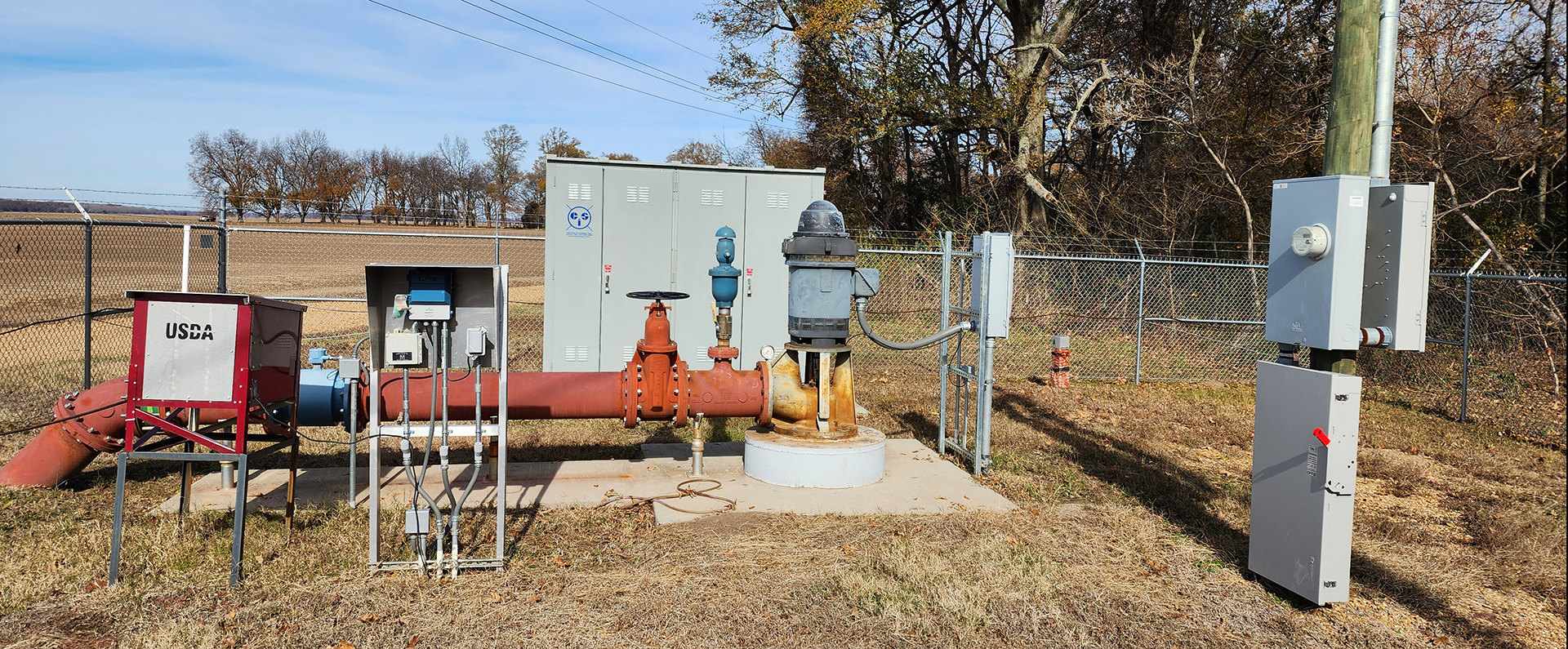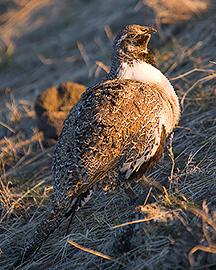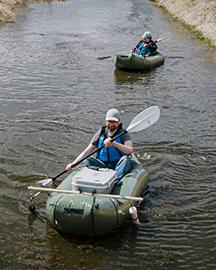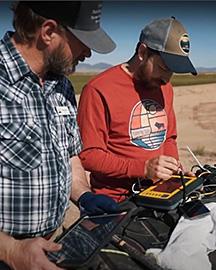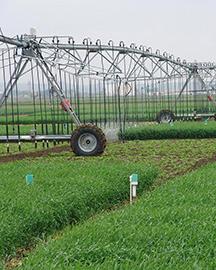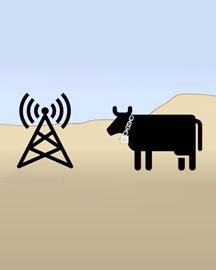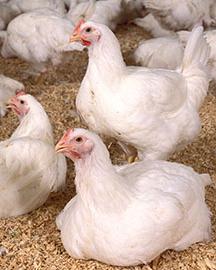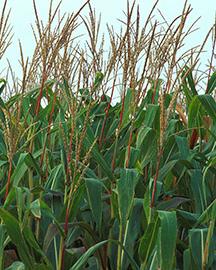Blending Nature and Technology to Recharge Water Supplies
In many regions of the country, agriculture is a water-intensive activity. Pumping groundwater from local aquifers to irrigate crops has increased yields, but is steadily reducing the supply of available water for future use. Researchers at the National Sedimentation Laboratory in Oxford, MS, are tackling that challenge with an innovative approach that marries nature and technology by pumping clean water into the ground through wells.
The Groundwater Transfer and Injection Pilot (GTIP) project takes advantage of the fact that riverbanks have a unique combination of geology and microbiology that naturally filters the water that flows through them. By extracting water that has already been cleaned in this way, and then using injection wells to move it into depleted underground aquifers, land managers can recharge the aquifers, maintaining the viability of critical agroecosystems. The project is the first to combine the extraction and injection processes in an intensively cultivated agricultural region. In doing so, it will help determine whether the approach could be applied on a wide scale, improving the sustainability of groundwater resources and potentially transforming and protecting large swaths of agricultural land.
Related Information
Video: Managed Aquifer Recharge - Moving Water Where It's Needed In the Mississippi River Valley
Publication: Full-Scale Field Studies Of Managed Aquifer Recharge Technologies
Research Project: Modeling Groundwater-surface Water Interactions in the Mississippi River Alluvial Plain


